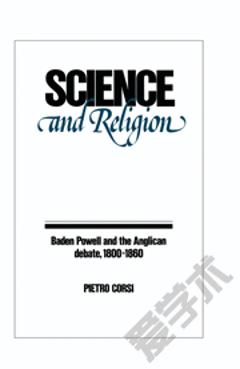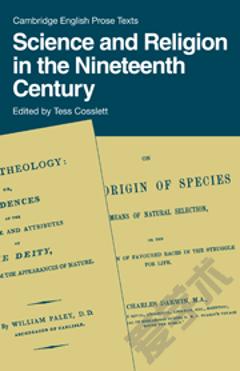Science and Religion: Baden Powell and the Anglican Debate, 1800–1860
Science and Religion assesses the impact of social, political and intellectual change upon Anglican circles, with reference to Oxford University in the decades that followed the French Revolution and the Napoleonic wars. More particularly, the career of Baden Powell, father of the more famous founder of the Boy Scout movement, offers material for an important case-study in intellectual and political reorientation: his early militancy in right-wing Anglican movements slowly turned to a more tolerant attitude towards radical theological, philosophical and scientific trends. During the 1840s and 1850s, Baden Powell became a fearless proponent of new dialogues in transcendentalism in theology, positivism in philosophy, and pre-Darwinian evolutionary theories in biology. He was for instance the first prominent Anglican to express full support for Darwin's Origin of Species. Analysis of his many publications, and of his interaction with such contemporaries as Richard Whately, John Henry and Francis Newman, Robert Chambers, William Benjamin Carpenter, George Henry Lewes and George Eliot, reveals hitherto unnoticed dimensions of mid-nineteenth-century British intellectual and social life.
{{comment.content}}








 京公网安备 11010802027623号
京公网安备 11010802027623号